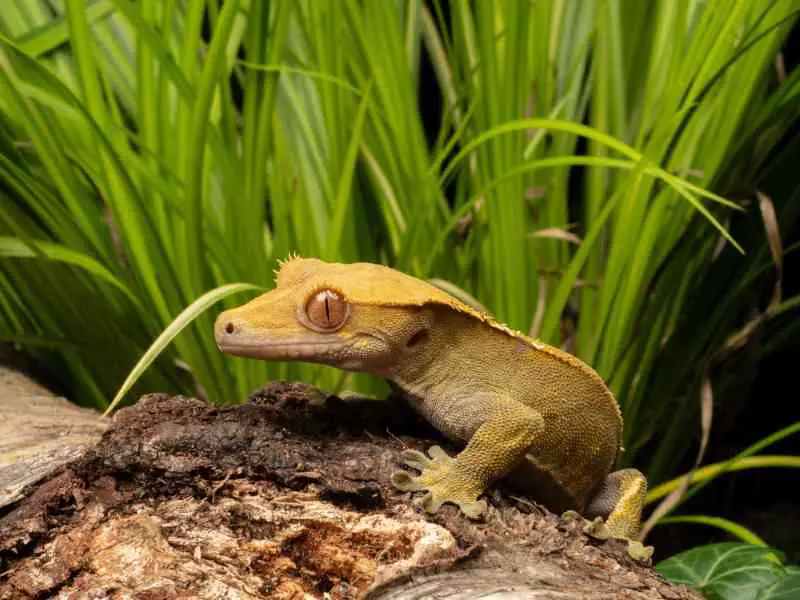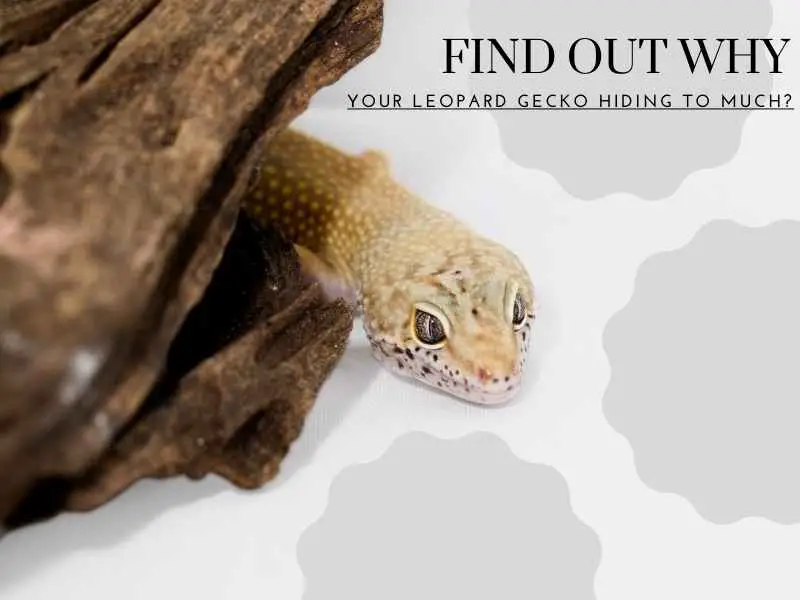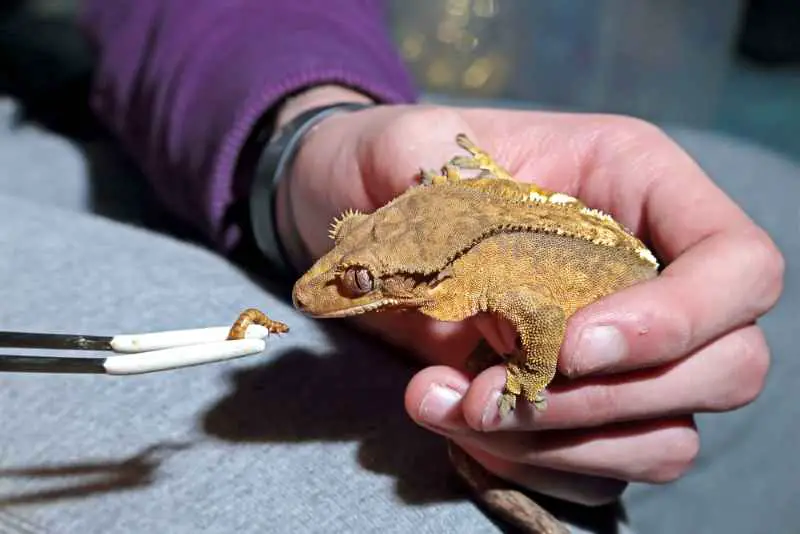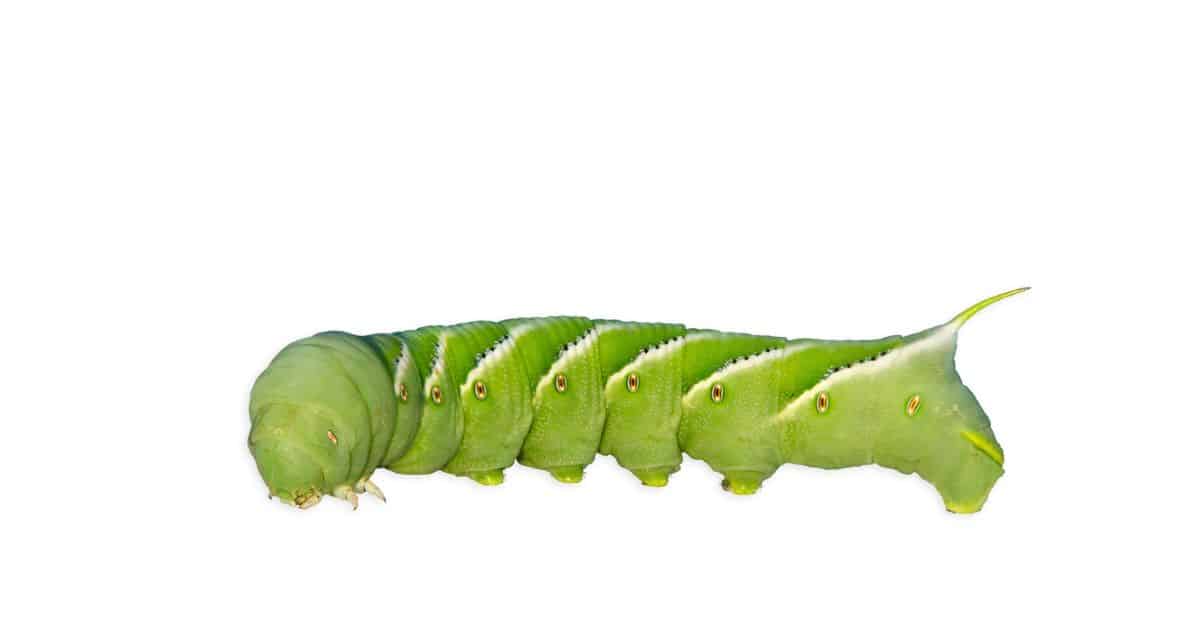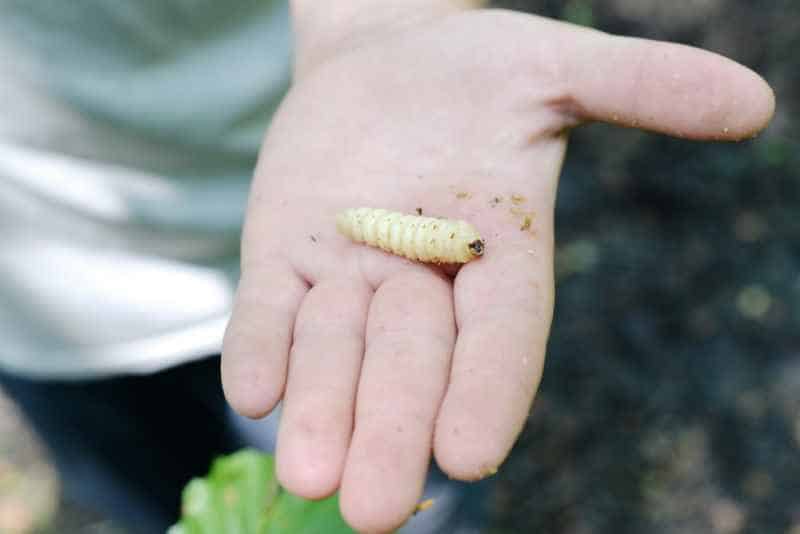Is My Gecko Dying? Signs & What to Do
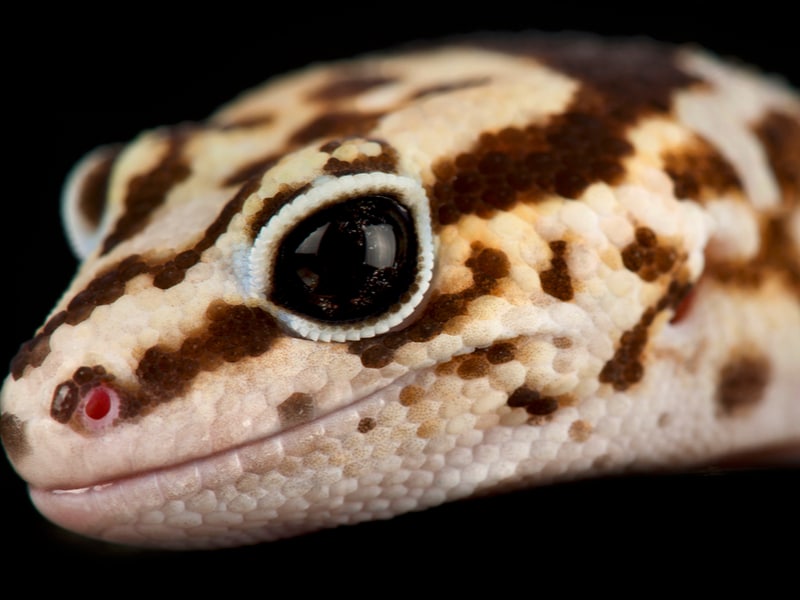
You’ve had your gecko for a while now, but something doesn’t look right, and you are worried. Maybe it isn’t eating, and its tail is skinny. Perhaps it hasn’t pooped in ages and is very lethargic.
Signs your gecko could be dying are no poop for days, lethargy, lack of appetite, a thin tail, inactivity, or sunken eyes. You might also see mucus around the eyes and mouth or abnormal stools. Be vigilant. If you see any of these, it’s best to take your gecko to a reptile vet as soon as possible.
Geckos can become ill for various reasons, depending on the environment. Very rarely, they can get a form of cancer called mastocytosis. Common problems may be cryptosporidiosis (caused by intestinal parasites), bowel impactions, insufficient heat, incorrect substrate, incorrect feeding, or dehydration.
Contents
How Do I Know If My Gecko Is Dying?
A dying gecko does not act normally. It will be lethargic, usually won’t eat for days, and will have lost a lot of weight. Its tail may be skinny, and your gecko may feel particularly cold to the touch. Its eyes may look sunken, and its poo may look different than usual or may be non-existent.
Geckos are hardy little reptiles but can get viral or bacterial infections, internal parasites, and kidney disease. If your gecko starts losing weight, it is best to take it immediately to a vet who treats exotic pets.
Typically, geckos are inquisitive and active. They take a healthy interest in hunting, exploring their enclosure, and basking under the light. When dying, they look dull, show no interest in food, and will not move around their tank.
Reptiles are good at hiding health problems until it is too late to remedy them. You, therefore, need to monitor your gecko closely to catch it early.
How Do You Save A Dying Gecko

If it looks like your gecko is dying, you need to identify the probable cause fast. Are the temperatures at the right level in its enclosure? Use a thermometer to check the heat levels.
If the temperatures are not high enough, your gecko could have a respiratory tract infection because its immune system needs warmth.
Have you kept your gecko on a sand substrate? If you’ve kept it on the sand, it could have a bowel impaction. Signs of impaction are no poop, loss of appetite, and weight loss.
It could be dehydrated if its eyes are sunken, meaning it hasn’t had access to water. Fill a small syringe with a solution of pediatric electrolytes and lukewarm water. Insert a few drops into your gecko’s mouth and see if it swallows.
Have you been supplementing your FTG’s food with calcium and vitamin D? If not, it could have metabolic bone disease. Are you giving it a varied diet or only one kind of insect? This could cause malnutrition.
Soaking your gecko in a container in lukewarm water deep enough to cover its hips and gently massaging its belly may help it to pass stool. If the problem is dehydration, then soaking can also help. You should bathe it like this twice a day.
Increasing the temperature in its enclosure will help if it has been too cold for too long. The heat mat may have failed without you realizing it. Have you installed a basking lamp?
If bathing your gecko and increasing the temperature in its tank hasn’t helped, you should take it to the vet immediately as there may be a different problem. Your gecko could have a respiratory infection or internal parasites.
AFTGs generally won’t take dead insects, so if you have been feeding yours only dead insects, chances are it is malnourished. Remember that they are only active at night, so if you see your gecko sitting still under a basking lamp or in its hidey-hole, this is nothing to fret about.
You should know that if your AFTG looks like it’s dying, you may not have the time to experiment with bathing and changing the temperature in its enclosure. An experienced reptile vet should be able to identify the cause of the problem quicker than you. The vet can also administer antibiotics or other medicine immediately to try and save your gecko.
How Do You Know Your Gecko Is Dead?
A dead gecko doesn’t move and is very stiff. You also can’t see it breathing or blinking; its eyes may be closed or totally sunken.
How Long Do They Live For?
Geckos can live for between fifteen and twenty years if properly cared for. A varied insect diet supplemented with calcium and vitamin D designed for reptiles will keep your gecko healthy. The enclosure should have a temperature gradient with a warm end and a cool end so the gecko can thermoregulate.
Put mild UVB and basking lamps at one end of the enclosure and hide on a damp substrate at the other. Remove feces and urates daily and change the substrate every three months. Install a heating pad at the warm end of the tank, and always ensure fresh water is available.
Do Geckos Play Dead?
Geckos do not play dead. They may be lethargic or motionless when ill, but playing dead is not in their repertoire. Animals that play dead usually roll onto their backs with their tongue hanging out.
The FTG’s go-to defense against a predator is dropping its tail. The tail detaches entirely from the body, either in the predator’s grip or to distract a predator from the gecko’s head.
Why Is My Gecko Not Moving?
Your gecko may not move much in the day at all. Lack of movement may mean the gecko is sleeping. They become active at dusk when they hunt, explore, defend their territory, and look for mates.
If your gecko does not move around at night, there is a good chance it is sick. Reptiles conserve energy by remaining motionless but are active around feeding time.
Is His Habitat Too Cold?
Geckos need a heat mat, a basking lamp, and a UVB light at the warm end of their enclosure. The temperature at the warm end under the heat lamp should be at least ninety degrees Fahrenheit. Use a thermometer to monitor the temperatures in your gecko’s tank.
They also need a cooler side to create a temperature gradient – around eighty degrees or slightly less during the day. Provided they have a good heat source, the rest of the tank can go as low as seventy-eight degrees daily.
Conclusion
You need to educate yourself about a gecko’s requirements before getting one as a pet. Once you have one, you must be attentive to its daily habits to address a health problem before it gets too severe. You may be unable to save a dying gecko if it is too far gone.
